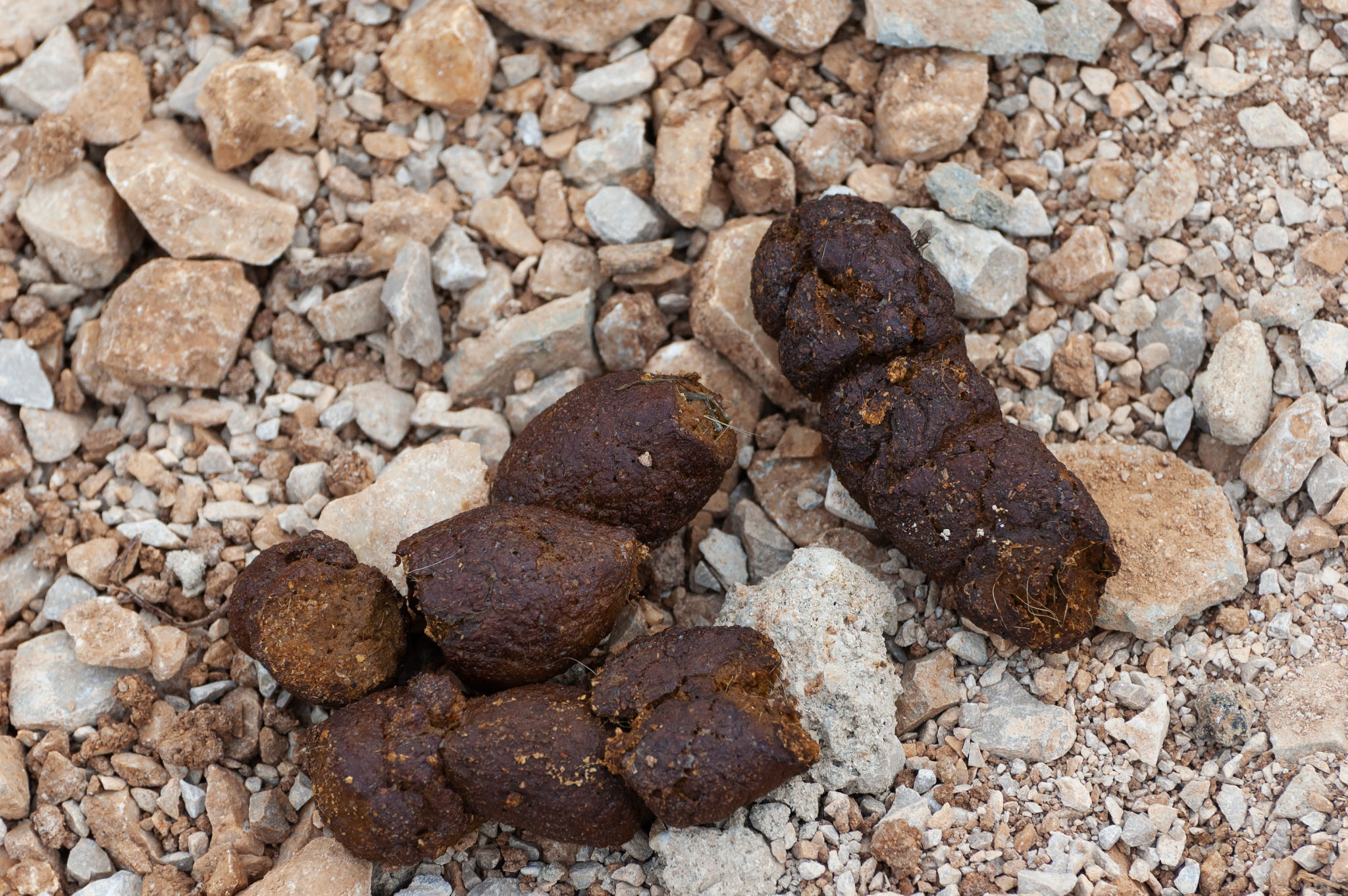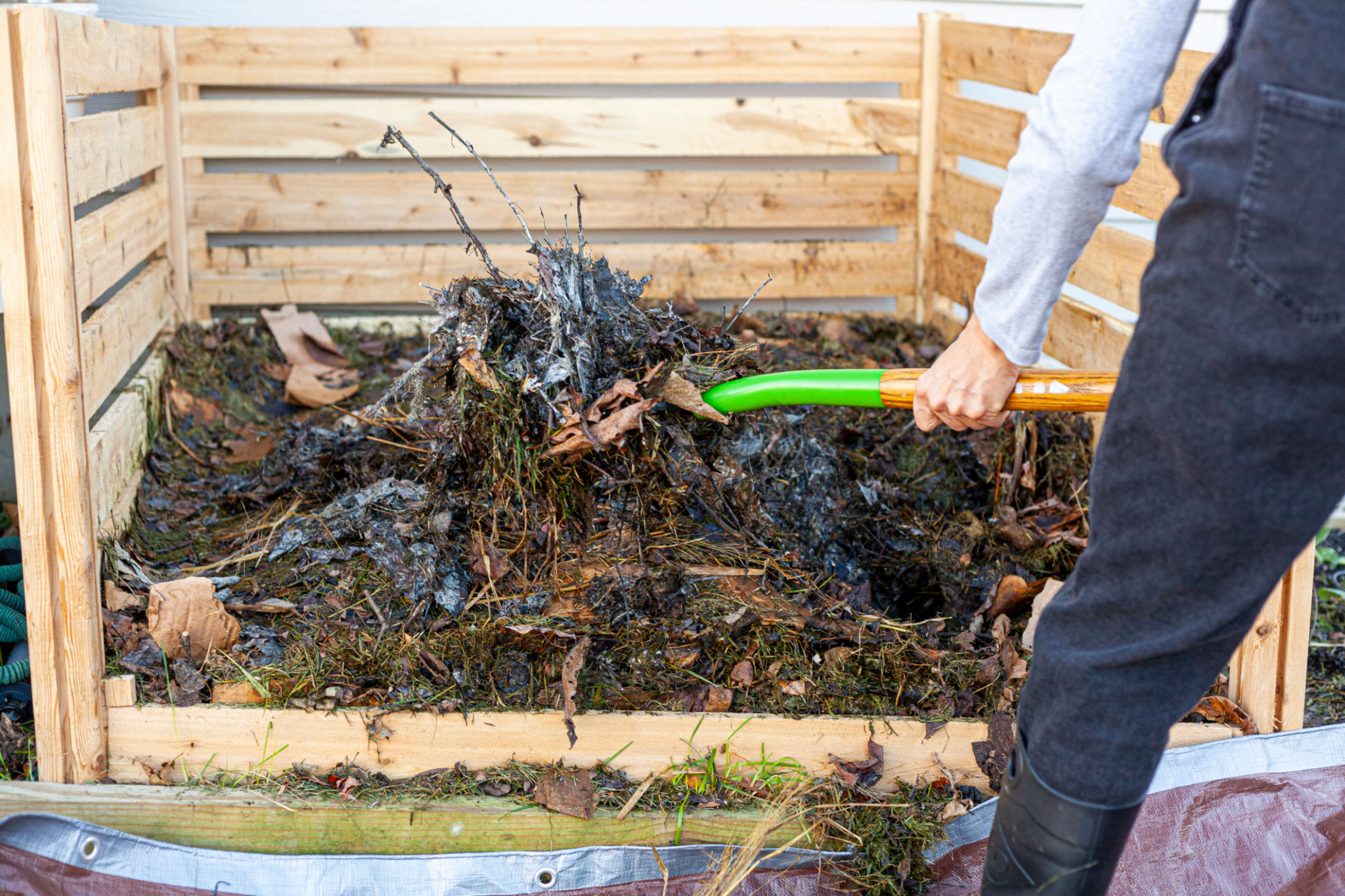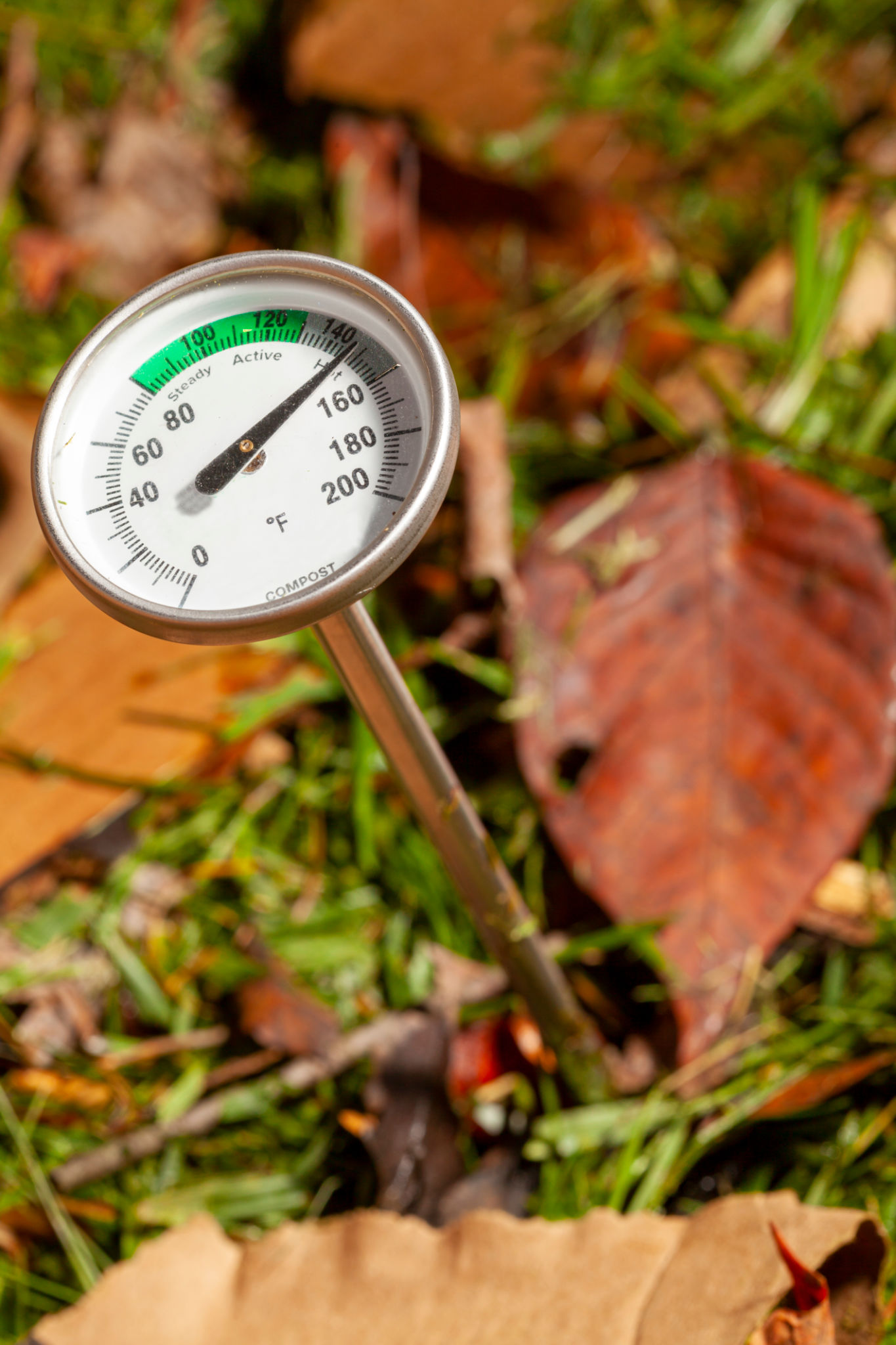Is It Safe to Compost Dog Feces? What Every Pet Owner Should Know
Understanding Dog Feces Composting
Composting is an environmentally friendly way to recycle organic waste, but when it comes to dog feces, many pet owners wonder about the safety and feasibility of this practice. Unlike regular kitchen scraps or yard debris, dog waste presents unique challenges due to its potential to harbor pathogens. Understanding these risks is essential for anyone considering composting dog feces.

Why Compost Dog Feces?
Dog feces can contribute significantly to household waste, especially in multi-pet homes. Composting can help reduce this waste and create valuable soil amendments. However, it's crucial to handle the process correctly to avoid health risks. Proper composting can transform waste into a resource, enriching soil and reducing landfill contributions.
Potential Health Risks
The primary concern with composting dog feces is the presence of harmful pathogens like bacteria and parasites. These can include E. coli, Salmonella, and roundworms, which pose health risks to humans and other animals. It's vital to ensure that composting methods reach temperatures high enough to kill these pathogens.

Safe Methods for Composting Dog Feces
To safely compost dog feces, pet owners should follow specific guidelines designed to minimize health risks. A well-designed composting system will maintain high temperatures necessary for pathogen destruction and prevent contamination of surrounding environments.
Setting Up a Dedicated Compost System
Pet owners should establish a separate composting system exclusively for dog feces. This system should be located away from vegetable gardens or areas where humans frequently gather. Consider using a bin specifically designed for pet waste that allows for high temperatures and proper aeration.
- Choose a location away from edible plants.
- Use a compost bin designed for pet waste.
- Ensure proper aeration and moisture levels.
- Monitor temperatures to reach at least 140°F (60°C).
Monitoring and Maintenance
Regularly monitoring the compost pile's temperature is crucial to ensure it remains effective at neutralizing pathogens. A compost thermometer can help you verify that the pile reaches and maintains necessary temperatures. Additionally, turning the pile frequently encourages even decomposition and heat distribution.

Alternatives to Composting Dog Feces
If composting dog feces seems daunting or impractical, there are alternative disposal methods. Commercial pet waste disposal services offer convenient solutions, ensuring waste is managed safely and responsibly. Additionally, biodegradable dog waste bags can help reduce environmental impact when disposing of waste in trash bins.
- Use biodegradable bags for trash disposal.
- Consider commercial pet waste services.
- Avoid flushing dog feces down toilets.
By understanding the complexities of composting dog feces and following best practices, pet owners can make informed decisions that benefit both their gardens and the environment. Whether choosing to compost or opting for alternative methods, responsible management of pet waste is crucial for maintaining a healthy ecosystem.